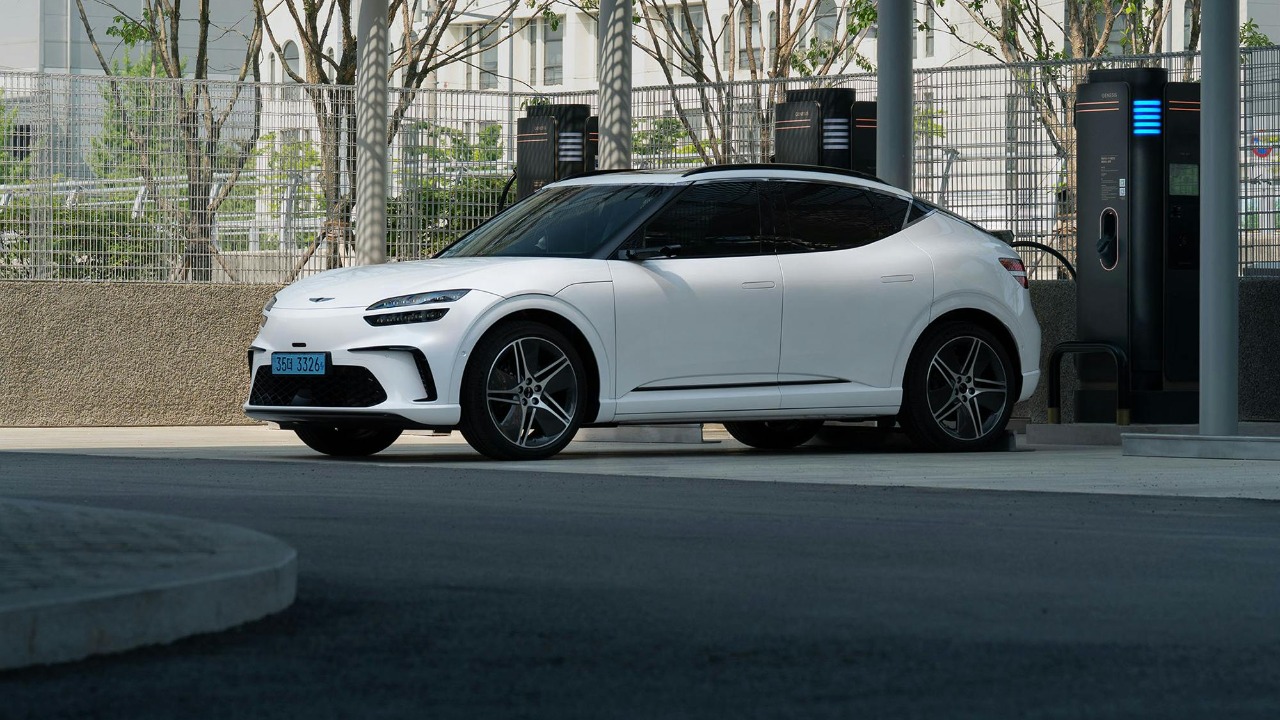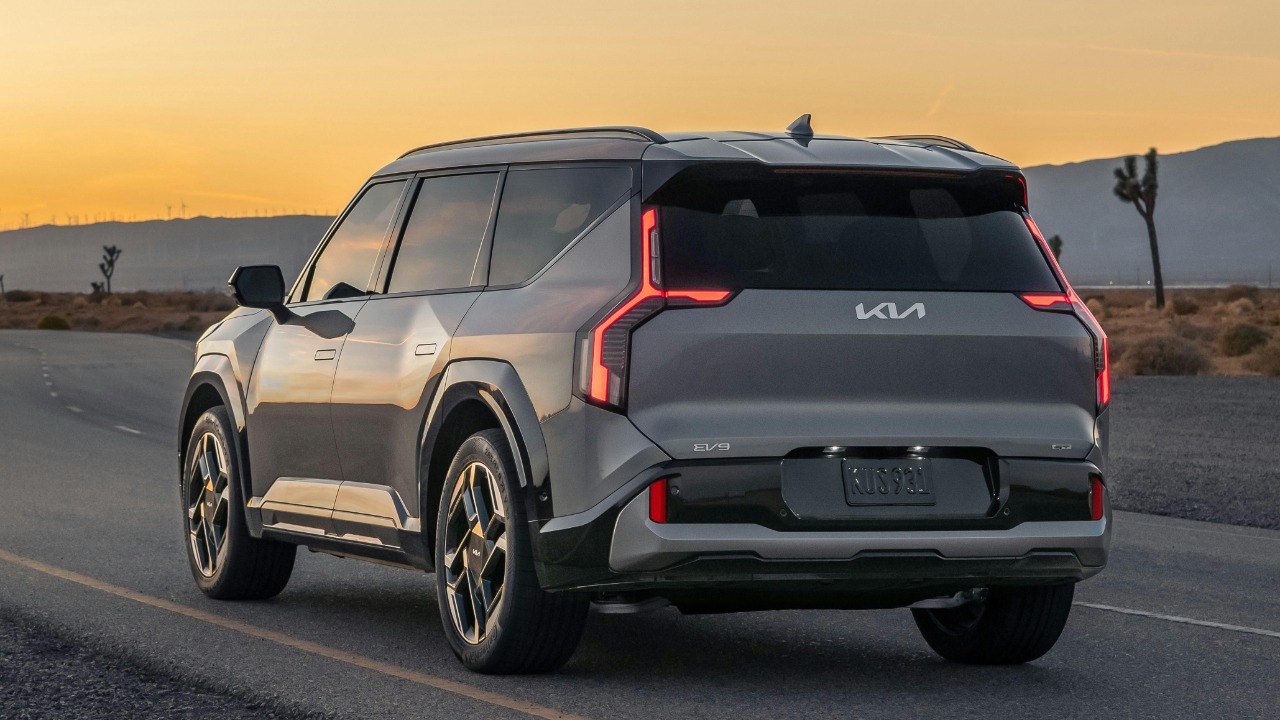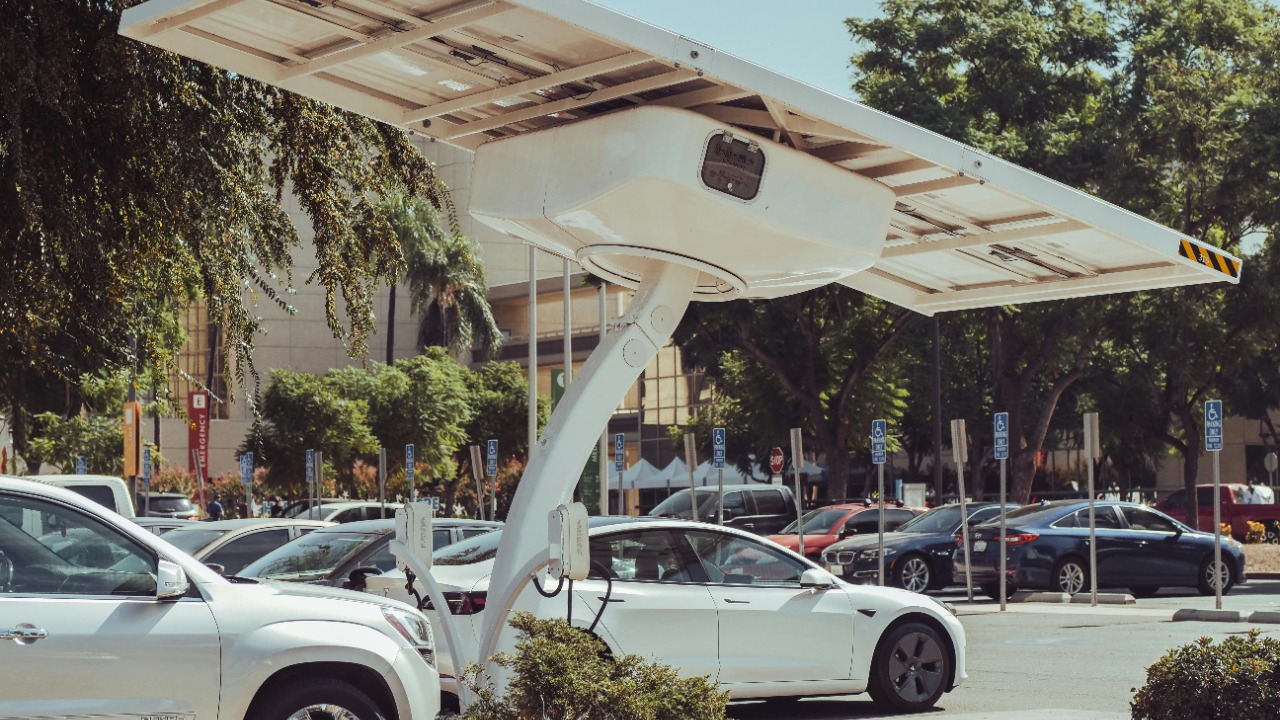Electric vehicles (EVs) are renowned for their sustainability and efficiency, yet like all technologies, they require maintenance to function optimally. Central to this is the battery, which serves as the powerhouse of the vehicle. Understanding what happens if you never change your EV battery is crucial, as neglect can lead to significant consequences for both the vehicle and the environment.
The Functionality and Lifespan of EV Batteries

Battery Composition and Functionality
EV batteries are primarily composed of lithium-ion cells, a technology favored for its high energy density and efficiency. These batteries function by storing electrical energy, which is then converted to power the electric motor, propelling the vehicle forward. The seamless operation of an EV depends heavily on the health of its battery.
Lithium-ion technology has been the backbone of EV propulsion due to its ability to sustain numerous charge cycles while maintaining performance. However, like all rechargeable batteries, they are subject to wear and tear over time, which can affect their capability to store and deliver power efficiently.
Expected Lifespan
The average lifespan of an EV battery is typically between 8 to 15 years, depending on various factors. Charging habits play a significant role in battery longevity; frequent rapid charging can accelerate degradation. Environmental conditions such as extreme temperatures also impact battery health, potentially shortening its useful life.
According to a comprehensive study, maintaining optimal charging practices and protecting the battery from harsh environmental factors can significantly extend its lifespan, ensuring efficient vehicle operation for a longer period.
Deterioration and Performance Issues

Capacity Loss Over Time
As EV batteries age, they naturally lose capacity, resulting in a reduced driving range. This phenomenon, known as capacity fade, is a common concern among EV owners. The battery’s ability to hold a charge diminishes, meaning you might find yourself charging more frequently to achieve the same travel distance.
The rate of capacity loss can vary, but studies suggest that on average, an EV battery loses about 2.3% of its capacity annually. Research has shown that proper maintenance and mindful charging can mitigate these effects, prolonging the battery’s effective lifespan.
Impact on Vehicle Performance
A failing battery doesn’t just affect range; it can also impact overall vehicle performance. Reduced battery capacity can lead to slower acceleration and decreased efficiency, as the vehicle struggles to draw the necessary power. Additionally, the strain on the battery can lead to increased energy consumption, further compounding the issue.
In severe cases, a compromised battery might not provide enough power to operate all vehicle systems optimally, leading to potential malfunctions or the need for costly repairs down the line.
Environmental and Economic Implications

Environmental Impact
Keeping a degraded battery in service can have significant environmental repercussions. As the battery becomes less efficient, energy consumption increases, which can indirectly lead to higher emissions from power plants, especially in regions reliant on fossil fuels. This undermines the ecological benefits of driving an EV.
A study highlights the importance of timely battery replacement to maintain the energy efficiency that makes EVs a greener alternative to traditional vehicles. Proper disposal and recycling of old batteries are also essential to minimize environmental impact.
Economic Considerations
From an economic perspective, neglecting battery replacement can lead to increased costs over time. Frequent charging due to diminished capacity can inflate electricity bills, and the reduced resale value of a vehicle with a failing battery can be substantial.
EV owners must weigh the cost of a new battery against the potential long-term savings in energy costs and the preservation of the vehicle’s resale value. Regular maintenance and timely replacement can often prove to be the more economical choice.
Safety Concerns and Risks

Potential Hazards
Safety is a paramount concern when it comes to aging EV batteries. As batteries degrade, the risk of overheating increases, which can lead to thermal runaway—a dangerous condition that can result in fire. This is a serious safety risk for both the vehicle occupants and surrounding environment.
To mitigate these risks, manufacturers and regulatory bodies provide guidelines for battery maintenance. Following these guidelines can help prevent hazardous situations and ensure the safety of the vehicle and its occupants.
Regulatory and Manufacturer Guidelines
Manufacturers typically offer comprehensive instructions on battery care and replacement schedules. Ignoring these guidelines not only jeopardizes safety but can also void warranties, leading to potential financial losses.
Staying informed about the latest regulations and recommendations from both manufacturers and industry experts is crucial for maintaining vehicle safety and performance.
Technological Advances and Future Outlook

Innovations in Battery Technology
The landscape of EV battery technology is rapidly evolving, with advancements promising longer lifespans and improved performance. Developments such as solid-state batteries and enhanced lithium-ion designs are on the horizon, potentially reducing the frequency of battery replacements.
These innovations are set to revolutionize the EV industry, offering more reliable and durable power sources for electric vehicles, thereby addressing some of the current concerns surrounding battery maintenance.
Industry Trends and Practices
The automotive industry is actively exploring new trends and practices to enhance battery life and performance. Electric vehicle adoption is on the rise, prompting manufacturers to focus on sustainable practices and user-friendly battery management solutions.
By staying ahead of these trends, EV owners can make informed decisions about their vehicle’s maintenance, ensuring they reap the full benefits of the technology while minimizing environmental impact.